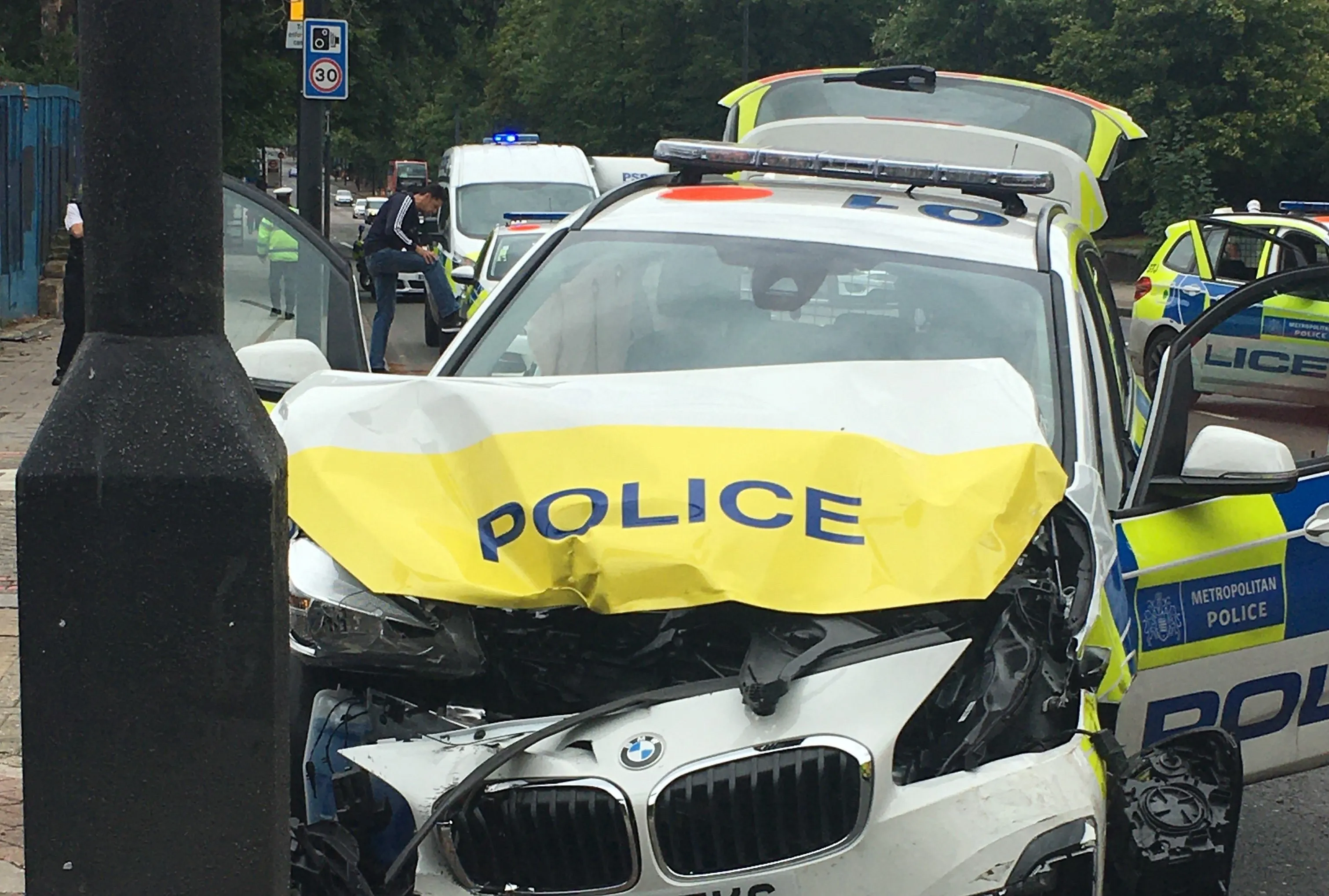Data available from the UK’s Department for Transport (DfT) shows a continuing drop in the number of young people learning to drive. According to DfT research, fewer teenagers and young adults are now taking driving lessons or sitting driving tests than in previous decades. The cost of insurance is thought to be a major factor, since insurance firms have begun using more accurate calculations to determine the risk of young adults being involved in a crash. This has led to a massive jump in insurance premium
September 12, 2016
Read time: 2 mins
Data available from the UK’s 5432 Department for Transport (DfT) shows a continuing drop in the number of young people learning to drive. According to DfT research, fewer teenagers and young adults are now taking driving lessons or sitting driving tests than in previous decades. The cost of insurance is thought to be a major factor, since insurance firms have begun using more accurate calculations to determine the risk of young adults being involved in a crash. This has led to a massive jump in insurance premiums for young drivers. The DfT has also calculated that young drivers aged 17-24 have eight times the risk of being involved in a crash than the average driver. The DfT’s data shows that only a third of young men now pass their driving test while still a teenager, compared with 51% in the mid-1990s. However there has only been a comparatively small drop in the number of young females passing their driving test.
The issue of falling interest in driving and cars has been noted in other countries and by auto manufacturers. However. Car firms are engaging in a major debate over encouraging young people to drive, although the issue is more complicated due to the emergence of autonomous car technology.
The issue of falling interest in driving and cars has been noted in other countries and by auto manufacturers. However. Car firms are engaging in a major debate over encouraging young people to drive, although the issue is more complicated due to the emergence of autonomous car technology.









